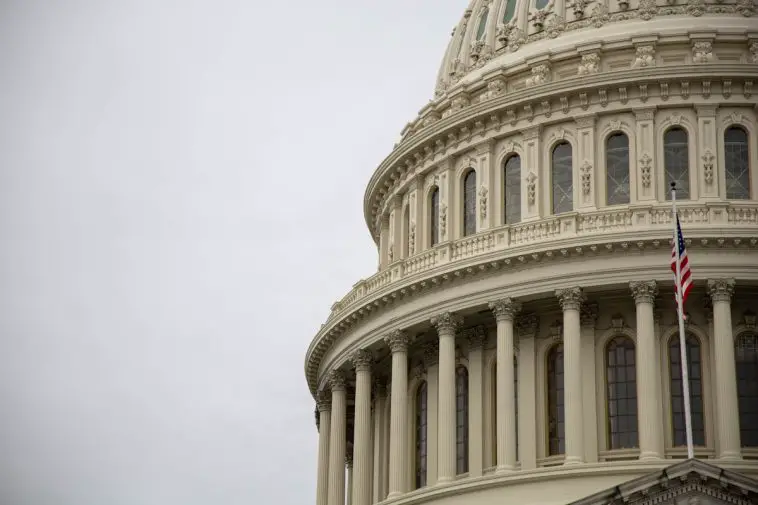Do you support a balanced budget amendment to the Constitution?
A Balanced Budget Amendment (BBA) to the U.S. Constitution has long been a priority for fiscal conservatives who argue that it’s necessary to rein in government spending and protect future generations from the crushing burden of debt. With the national debt reaching historic levels, now is the time to seriously consider a BBA as a way to ensure fiscal responsibility and restore confidence in America’s economic future.
Curtailing Runaway Government Spending
One of the key reasons to support a Balanced Budget Amendment is to force the federal government to live within its means. For decades, the U.S. government has run budget deficits, spending more than it collects in revenue. This approach has led to an unsustainable accumulation of national debt, currently over $30 trillion. A BBA would mandate that the government balance its budget each year, preventing excessive spending and encouraging more thoughtful fiscal policy.
By setting a clear requirement that the government cannot spend more than it takes in, a BBA would eliminate the temptation for politicians to increase spending without considering the long-term consequences. Instead of running up deficits, lawmakers would have to prioritize spending, making tough but necessary decisions about where to allocate resources.
Protecting Future Generations
One of the most compelling arguments for a Balanced Budget Amendment is that it would protect future generations from being saddled with an overwhelming national debt. As the national debt grows, so do the interest payments that taxpayers must cover each year. Without a balanced budget, future generations will be forced to bear the financial burden of today’s fiscal irresponsibility, paying higher taxes to cover interest payments while having fewer resources for public services like education, infrastructure, and national defense.
A BBA would force the government to be more responsible in its budgeting, ensuring that today’s decisions do not unduly harm future Americans. It’s about leaving behind a stable and prosperous country rather than one buried in debt.
Limiting Government Overreach
From a conservative perspective, unchecked government spending often leads to increased federal control and intrusion into the lives of Americans. A BBA would naturally limit the size and scope of government by restricting how much it can spend. With a balanced budget requirement, there would be less opportunity for the government to create and fund expansive new programs that increase its power and influence over individuals and the private sector.
This restriction would align with the conservative principle of limited government, ensuring that federal spending remains focused on core functions like national defense, infrastructure, and public safety, rather than expanding into areas that are better managed by the states or private citizens.
Restoring Economic Confidence
The U.S. national debt has become a serious concern not only for citizens but also for investors and global markets. As the debt continues to grow, there are fears that confidence in the U.S. economy could erode, leading to higher interest rates, inflation, and financial instability. A Balanced Budget Amendment would help to restore confidence in the U.S. economy by demonstrating a commitment to fiscal responsibility. By balancing the budget each year, the U.S. could stabilize its debt and reassure investors that the country is on a sustainable economic path.



